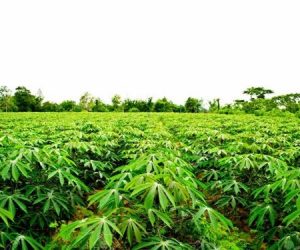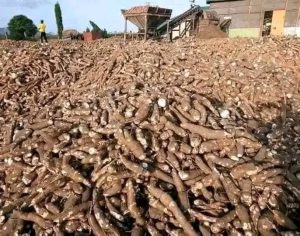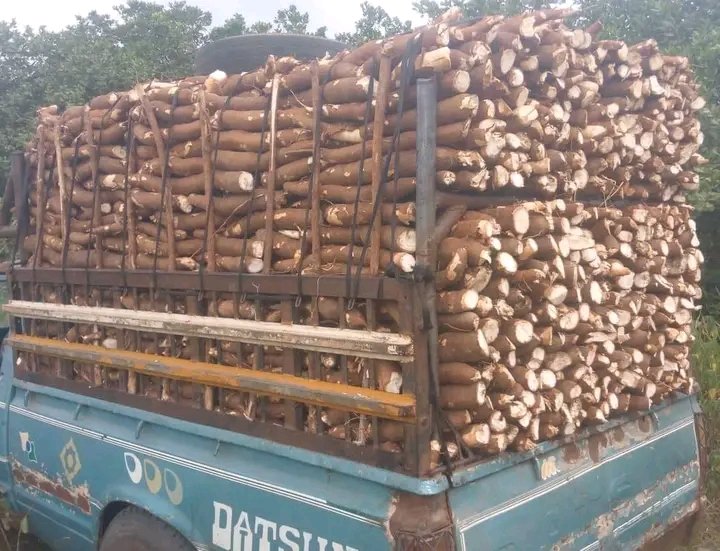Cassava: Nigeria’s Saviour Crop

In the heart of West Africa, where agriculture sustains a large portion of the population, cassava has earned its place as a resilient saviour crop— particularly in Nigeria, the world’s largest producer of this tuber. With over 50 million metric tons harvested annually, cassava isn’t just a staple; it’s a lifeline.
A Food for All Seasons.

Cassava’s adaptability to Nigeria’s diverse climatic regions has made it a dependable food source, even in the face of unpredictable weather patterns.
Unlike many crops that wither under drought or poor soil conditions, cassava thrives. Its ability to grow in marginal lands with minimal fertilizer makes it ideal for smallholder farmers, who represent the backbone of Nigeria’s food system.
Feeding the Nation.
Cassava provides the base for a wide array of traditional Nigerian foods. From garri and fufu , to abacha and tapioca, it cuts across ethnic boundaries and income levels. For many rural communities, cassava is not just food—it is food security. When other crops fail, cassava is the crop that remains.
Economic Lifeline.
Beyond its role in food security, cassava drives significant economic activity. It supports millions of Nigerian farmers and processors, many of whom are women. With growing investments in value addition—like cassava flour, starch, ethanol, and animal feed—the crop is increasingly seen as a tool for economic empowerment and industrial development.
Buffer Against Food Crisis.
In times of food shortages, cassava has repeatedly stepped in as a substitute for more expensive or less available staples like rice or wheat. Its affordability and accessibility have cushioned vulnerable populations from the harshest impacts of inflation and global supply disruptions.
The Future of Cassava in Nigeria.
With Nigeria’s growing population, cassava’s role is expected to expand further. Research institutions are now developing high-yield, disease-resistant varieties and promoting modern farming practices to enhance productivity. The goal is not just to feed the nation but to transform cassava into a global export commodity.
Conclusion.
Cassava’s story in Nigeria is one of resilience, sustenance, and economic hope. As climate change and economic challenges continue to test food systems across Africa, cassava remains a pillar—rooted deeply in the land and the lives of the Nigerian people.

